
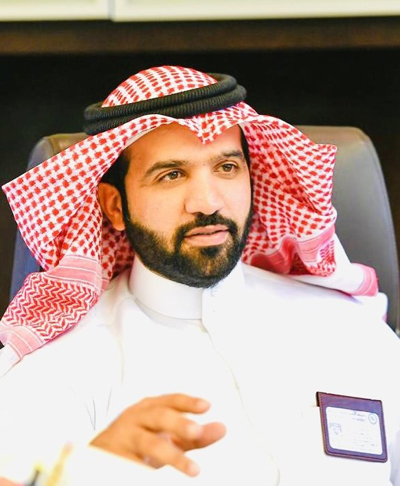

Prince Mohammad Bin Fahd University Al Khobar, Kingdom of Saudi Arabia
We invite researchers, industry professionals, and students to submit high-quality research papers for IEEE-IntelliSecAI 2025
IEEE-IntelliSecAI 2025 focuses on the convergence of computational intelligence, cybersecurity, and artificial intelligence to tackle contemporary challenges and drive technological innovations. This conference serves as a platform for researchers, industry professionals, and thought leaders to share insights and collaborate on critical topics.Key areas of focus include advancements in computational intelligence and machine learning, emphasizing practical applications in healthcare, finance, and public safety. The conference will also explore cybersecurity innovations, addressing emerging threats and vulnerabilities while discussing the use of blockchain technology to enhance security measures. Additionally, the role of artificial intelligence in smart cities and sustainable development will be examined, particularly in relation to smart transportation, energy management, and cultural heritage preservation, especially in the contexts of Madina Tayyaba and Makkah Mukarama.
Authors are solicited to contribute to the conference by submitting articles that illustrate research results, project outputs, surveys, and industrial experiences that describe significant advances in Computational Intelligence, Security, and Artificial Intelligence.
• Algorithms and methodologies in computational intelligence
• Machine learning and deep learning applications
• Fuzzy logic, evolutionary computing, and hybrid systems
• AI-driven solutions for smart cities and urban management
• Natural language processing and computer vision
• AI applications in healthcare, finance, and public safety
• Threat detection, prevention, and response mechanisms
• Secure architectures for the Internet of Things (IoT)
• Blockchain technology applications in security
• Smart transportation systems and mobility solutions
• Renewable energy management and environmental sustainability
• Disaster management and community engagement through technology
• Technological solutions for managing religious tourism
• Digital preservation techniques for cultural heritage sites
• Applications of AI and IoT in enhancing the pilgrimage experience
• Innovations in edge computing and cloud computing
• Cyber-physical systems and autonomous systems
• Data analytics and big data applications in security and AI
• Ethical considerations in AI deployment
• Impact of technology on society and public policy
• Strategies for ensuring inclusive and equitable technological advancements
• AI and Machine Learning for Business Analytics
• Data Integration and Real-Time Visualization
• AI applications in smart city verticals.
• AI and Machine Learning in Space Exploration
• Space-Based Communication Systems
• Space Exploration and Sustainability





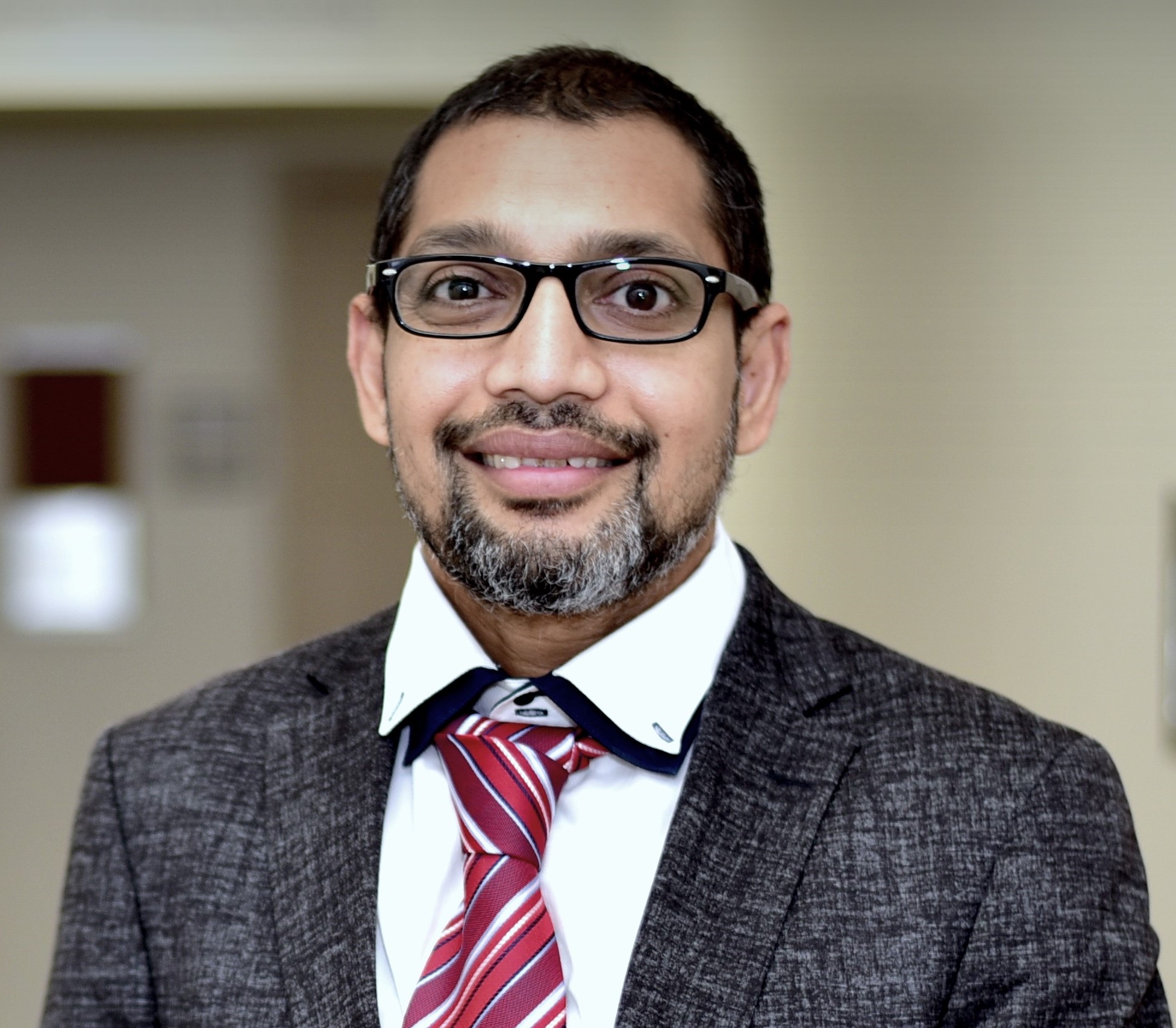
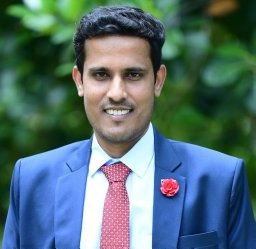

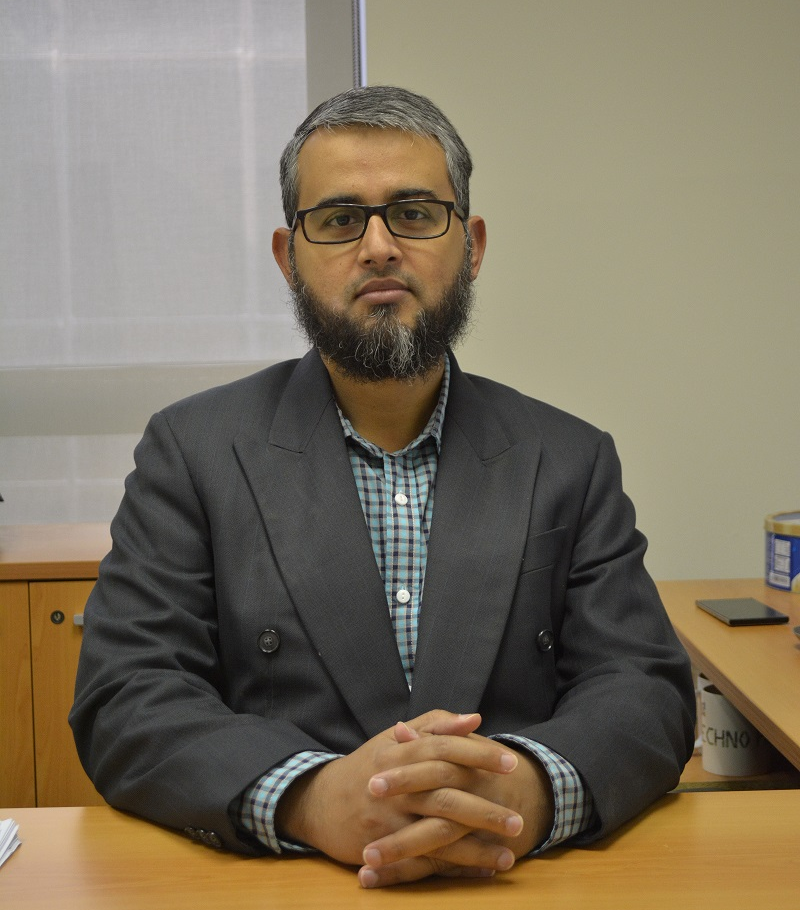
.png)
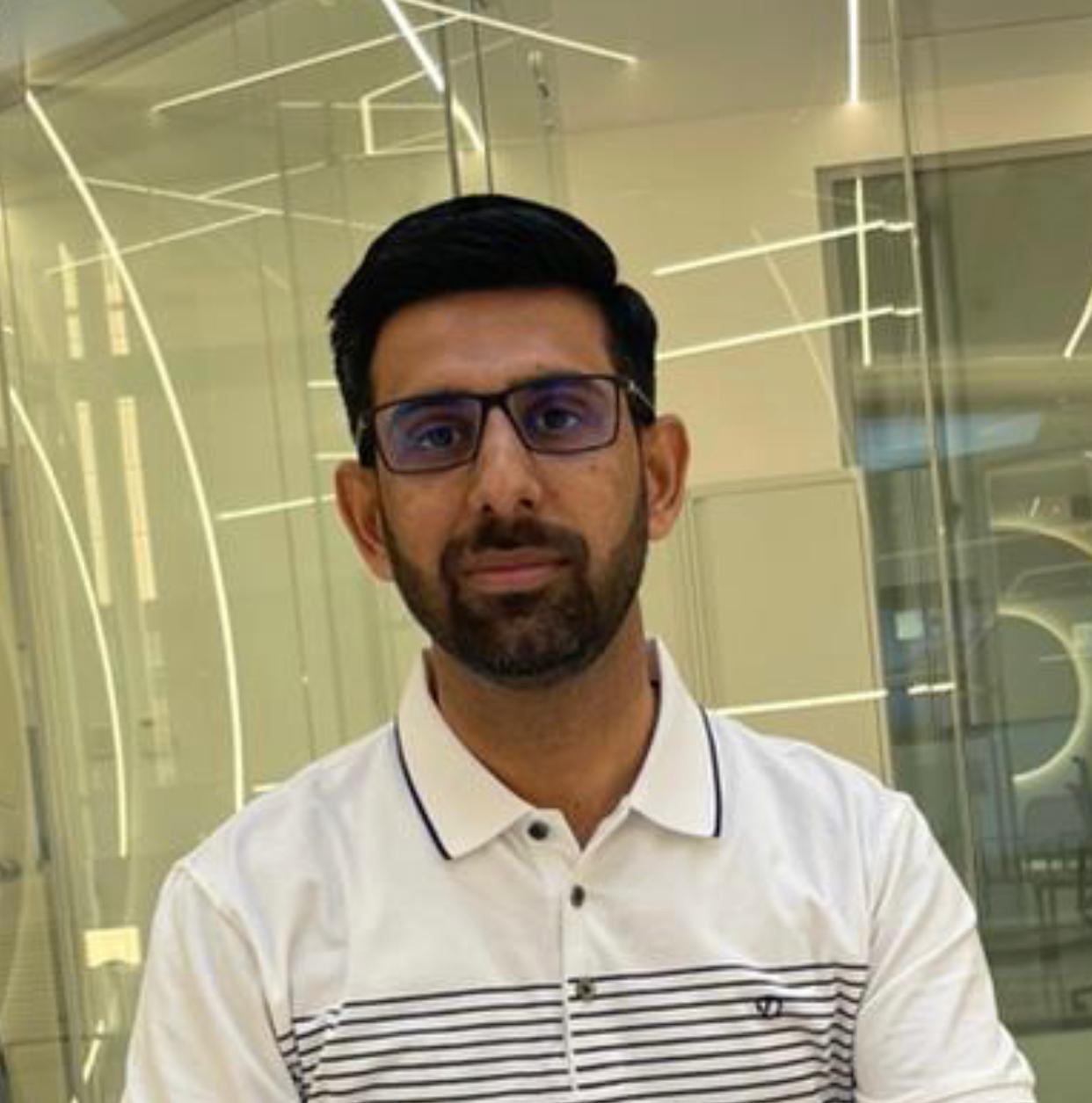
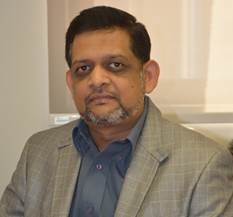

Recent Advances in AI-Enabled Neurodegenerative Diseases
Recent advances in artificial intelligence (AI) have transformed neuro-oncology domain by enabling automated, accurate, and interpretable brain tumor recognition from medical imaging data. This keynote explores the state-of-the-art in AI-enabled brain tumor analysis, covering brain tissue and tumor classification, automated segmentation, survival time prediction, treatment response estimation, and the emerging role of brain digital twins. The keynote discusses deep learning architectures, multimodal data fusion of MRI modalities and clinical data, and optimization-driven model enhancements for improved diagnostic performance. An emphasis is placed on explainable AI (XAI) techniques that address the “black-box” challenge, building trust and transparency in clinical decision-making. The keynote also highlights the integration of AI with privacy-preserving and security-aware workflows, ensuring compliance with healthcare standards while safeguarding sensitive patient data. By bridging innovation in AI, interpretability, and secure medical data handling, these advances pave the way toward reliable, patient-centered, and clinically adoptable brain tumor recognition systems.
Robertas Damaševičius is a professor at the Department of Software Engineering at Kaunas University of Technology and at the Department of Applied Informatics at Vytautas Magnus University, Lithuania, and an adjunct at the Faculty of Applied Mathematics, Silesian University of Technology, Poland. With extensive expertise in artificial intelligence, medical imaging, and digital health, he is a recognized thought leader in his fields. Prof. Damaševičius has a strong background in doctoral supervision and project evaluation, serving as an editor and associate editor for numerous international journals such as Information Technology and Control, and International Journal of Imaging Systems and Technology (IMA). He has delivered keynote speeches at prestigious conferences worldwide, sharing his insights on topics ranging from AI in product development to sustainable health systems and digital twins. His recent research interests include explainable AI, computational intelligence, and digital health twins. He has authored over 400 publications, which have been cited more than 21,000 times. His h-index of 77 reflects the reach and impact of his contributions to the field. Beyond academia, he actively collaborates on international projects and engages in knowledge transfer initiatives to bridge the gap between research, education and practical applications.
.jpg)
Federated Learning for Data Privacy
In recent years, mobile devices can be equipped with increasingly advanced computing capabilities, which opens up countless possibilities for meaningful applications. Traditionally, any cloud-based Machine Learning (ML) approach requires that data be centralized on a cloud-based server/data center. However, this can result in critical issues related to unacceptable latency and communication inefficiency as well as major security and privacy concerns. However, conventional ML technologies still require personal data to be shared. Recently, in light of increasing security and privacy concerns, the concept of Federated Learning (FL) has been introduced. In FL, end devices use their local data to train a local ML model required by the server. In a large, complex mobile edge networks, FL still faces implementation challenges with regard to communicational costs, resource allocation, security, and privacy. In this talk, we begin with an introduction to the background and fundamentals of FL. We then discuss how FL can work to try and preserve privacy while maintaining security of data. Finally, we discuss some open research areas and specific open problems where attendees may be able to make an impact.
Gautam Srivastava was awarded his B.Sc. degree from Briar Cliff University in U.S.A. in the year 2004, followed by his M.Sc. and Ph.D. degrees from the University of Victoria in Victoria, British Columbia, Canada in the years 2006 and 2012, respectively. He then taught for 3 years at the University of Victoria in the Department of Computer Science, where he was regarded as one of the top undergraduate professors in the Computer Science Course Instruction at the University. From there in the year 2014, he joined a tenure-track position at Brandon University in Brandon, Manitoba, Canada, where he currently is active in various professional and scholarly activities. He was promoted to Professor in January 2023. Dr. G, as he is popularly known, is active in research in the fields of security, privacy and the Internet of Things. In his 10-year academic career, he has published a total of 500 papers in high-impact conferences in many countries and in high-status journals (SCI, SCIE) and has also delivered invited guest lectures on Big Data, Cloud Computing, Internet of Things, and Cryptography at many international universities. He is an Editor of several international scientific research journals including IEEE Transactions on Industrial Informatics, IEEE IoT Journal, IEEE Transactions on Services Computing, IEEE Transactions on Computational Social Systems, IEEE Transactions on Cybernetics, and Information Sciences. His research program is funded by the National Sciences and Engineering Research Council of Canada, MITACS, and the National Cybersecurity Consortium.

Recommended hotels for IEEE Conference organized by Prince Mohammad Bin Fahd University